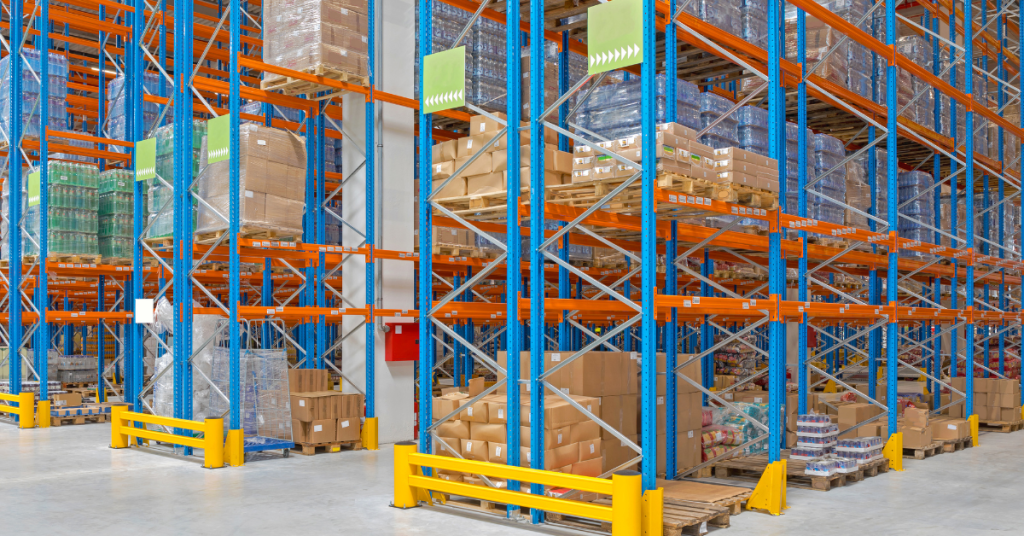Ecommerce is a rapidly growing industry, and logistics play a crucial role in the success of online businesses. While outsourcing logistics to third-party providers is a common solution, some businesses prefer to manage their ecommerce logistics in-house. In this article, we will explore the benefits and challenges of in-house ecommerce logistics.
Benefits:
Control: By managing ecommerce logistics in-house, businesses have greater control over their supply chain and can make changes to processes quickly. This allows for more flexibility in responding to changing market conditions or customer demands.
Quality control: In-house logistics management enables businesses to maintain a high level of quality control over their products, from receiving and storing inventory to picking and packing orders. This can help ensure that products are delivered to customers in a timely and accurate manner, improving customer satisfaction.
Customization: In-house logistics management enables businesses to customize their processes and operations to meet their unique needs. This can result in improved efficiency, faster delivery times, and reduced costs.
Cost savings: In some cases, managing ecommerce logistics in-house can be more cost-effective than outsourcing to third-party providers. This is particularly true for businesses with a high volume of orders, as in-house logistics management can reduce shipping and handling costs.
Challenges:
High start-up costs: Managing ecommerce logistics in-house requires significant investment in equipment, software, and personnel. This can be a challenge for small businesses with limited resources.
Expertise: In-house logistics management requires a high level of expertise in areas such as inventory management, order fulfillment, and shipping. Businesses must ensure that they have the necessary skills and knowledge to manage these processes effectively.
Scalability: In-house logistics management can be challenging to scale as the business grows. Additional personnel, equipment, and infrastructure may be required, which can be costly and time-consuming to implement.
Time-consuming: Managing ecommerce logistics in-house can be time-consuming, particularly for small businesses with limited resources. This can take away time and resources from other important business operations, such as marketing and product development.
Conclusion:
In-house ecommerce logistics management offers a range of benefits, including greater control, quality control, customization, and cost savings. However, it also comes with a range of challenges, including high start-up costs, the need for expertise, scalability issues, and time constraints. Ultimately, businesses must weigh the benefits and challenges carefully and decide whether in-house logistics management is the best option for their needs.








